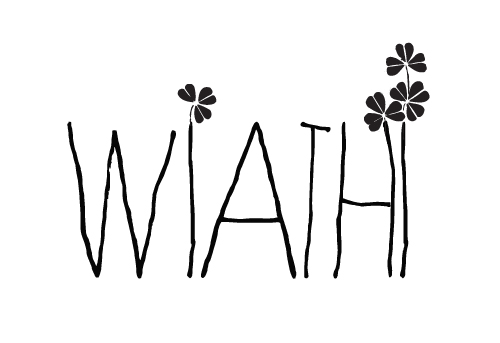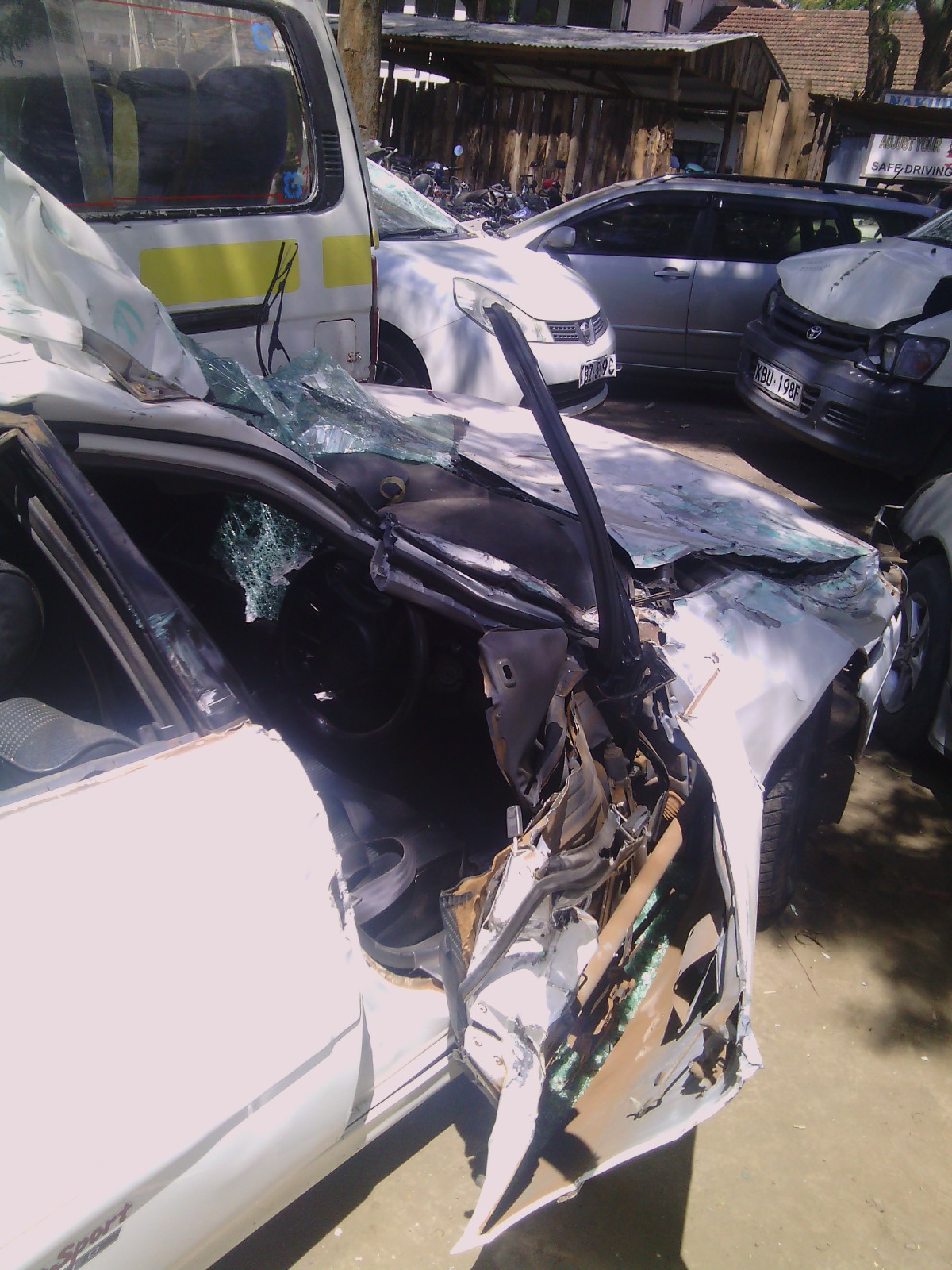Mbiti & Glissant
We-formations are wake formations: we-formations might be about the mati work of wake work.

A starting point. Here is John Mbiti: What then is the individual and where is his place in the community? In traditional life, the individual does not and cannot exist alone except corporately. He owes his existence to other people, including those of past generations and his contemporaries. . . . The community must therefore make, create or produce the individual. . . . Whatever happens to the whole group happens to the individual. The individual can only say: ‘I am, because we are; and since we are, therefore I am.’ (African Religions & Philosophy). Here’s Édouard Glissant: Summarizing what we know concerning the varieties of identity, we arrive at the following: Root identity -is founded in the distant past in a vision, a myth of the creation of the world; -is sanctified by the hidden violence of a filiation… Read More...







